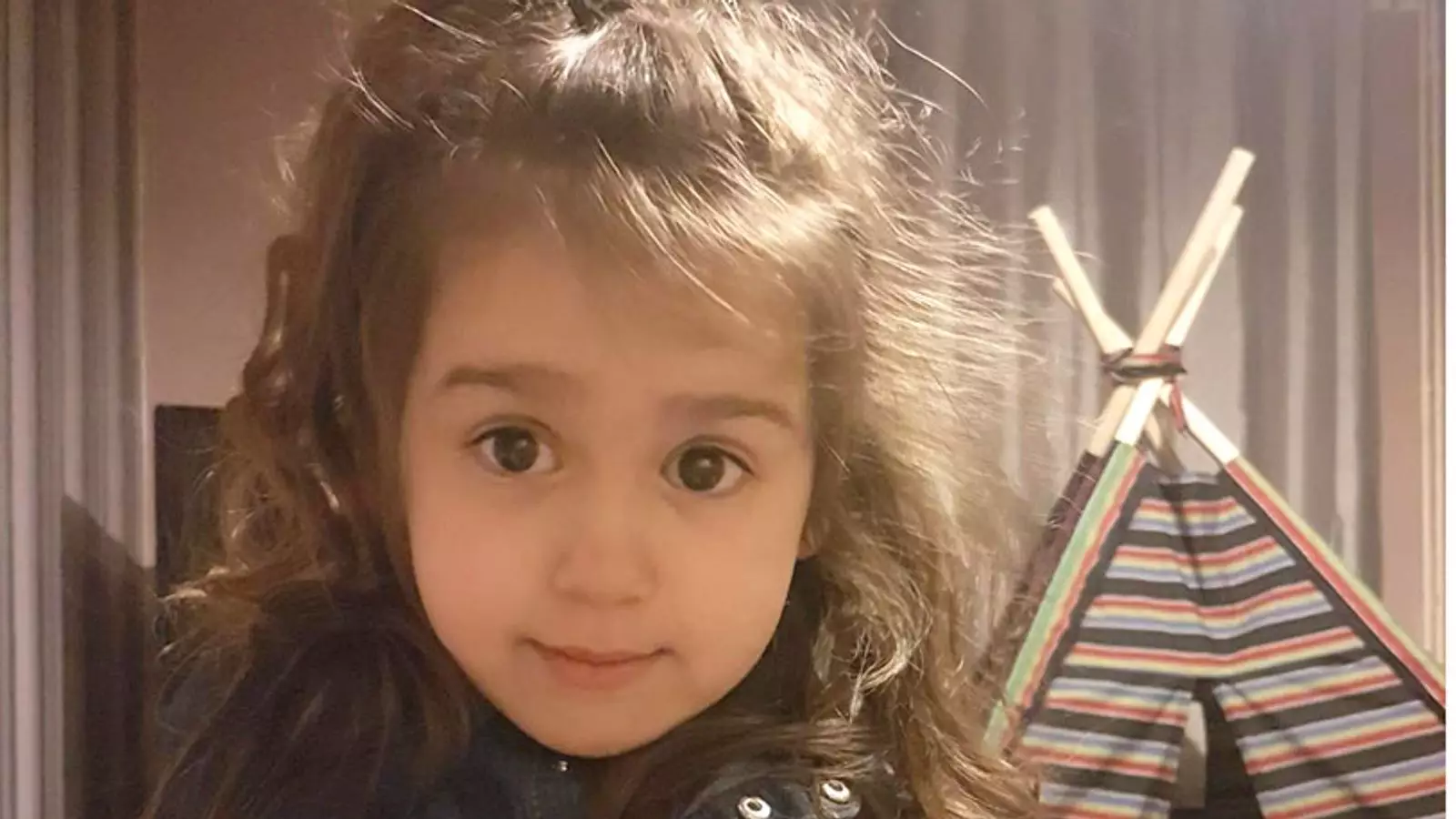The tragic case of 10-year-old Sara Sharif has ignited critical discussions regarding the intersections of judicial transparency, safety, and the ethical responsibilities of the family court system. Recent rulings from the Court of Appeal highlight the tension between the need for public accountability and protective measures for those in sensitive judicial roles. As the veil of anonymity over the judges involved in Sara’s case is lifted, questions arise about the systemic failures that allowed her to endure years of horrific abuse before her tragic death.
The Court of Appeal, led by Sir Geoffrey Vos, has mandated that the identities of the three judges who presided over family court proceedings involving Sara Sharif be made public. This ruling comes after a previous decision by Mr. Justice Williams, which aimed to protect these judges from a “virtual lynch mob” due to fears about their safety. Williams argued that naming the judges posed a “real risk” of harm, highlighting the emotional climate surrounding the case, which has garnered substantial public and media interest following the conviction of Sara’s father, Urfan Sharif, and stepmother, Beinash Batool, for her murder.
However, Sir Geoffrey Vos criticized the prior ruling, stating that the judge had overstepped his bounds by anonymizing those involved. His ruling underscores the principle that judges, despite facing potential personal risks in high-emotion cases, should not be shielded from public scrutiny. The difference in opinion both reflects a broader conflict within the judicial landscape and signals an important shift towards increased transparency in family courts.
Systemic Flaws and the Failure of Protective Measures
In 2019, the court allowed Sara to leave the care of her mother and move in with her father—an error that would tragically culminate in her death. Documents reveal that Surrey County Council had been alerted to signs of neglect regarding Sara’s siblings as far back as 2010, yet systemic failures persisted. This raises profound questions about the efficacy of intervention practices within social services. Sara was subjected to a series of allegations of abuse that were either inadequately addressed or dismissed without due diligence. This scenario is not merely an indictment of individual decisions, but rather points to a broader failure within the child protection system.
Understanding the complexities of domestic abuse and the societal factors that influence them is crucial for effective intervention. The fact that multiple alerts about Sara and her siblings’ welfare became intertwined with bureaucratic neglect highlights an urgent need for reform in how family courts and social services operate. This necessity for systemic change reverberates through the ruling to reveal judges’ names; it speaks to the essential demand for accountability at every level of the process.
The decision by freelance journalists Louise Tickle and Hannah Summers to challenge the anonymity of the judges brings attention to the critical role of the press in promoting transparency in judicial matters. The journalists argued that upholding such anonymity would set a dangerous precedent, potentially undermining ongoing efforts to reform family court processes to enhance accountability and safeguard children’s rights.
The ongoing and often heated debate regarding media access to family courts highlights the delicate balance between protecting sensitive cases and ensuring public understanding of the justice system. Journalists serve as watchdogs, capabilities that are crucial when judicial decisions profoundly impact the lives of vulnerable populations, such as children. Their dedication to openness challenges a judicial culture that can sometimes veer toward secrecy rather than scrutiny.
The case of Sara Sharif unravels layers of complexity regarding the roles of family courts, social services, and the judicial system at large. The Court of Appeal’s decision to name the judges holds profound implications not only for those involved but also for the broader community, highlighting the need for transparency and accountability. As society grapples with the systemic flaws that contributed to this tragic outcome, there is a pressing imperative for a reformative response that prioritizes the safety and welfare of children within the judicial system.
In this poignant and painful narrative, the voices of the community, the press, and advocates for children must be amplified. The journey towards justice for Sara Sharif is not just about rectifying past wrongs but about ensuring a future where all children are protected, and the processes designed to uphold their welfare are transparent, accountable, and resilient.


Leave a Reply